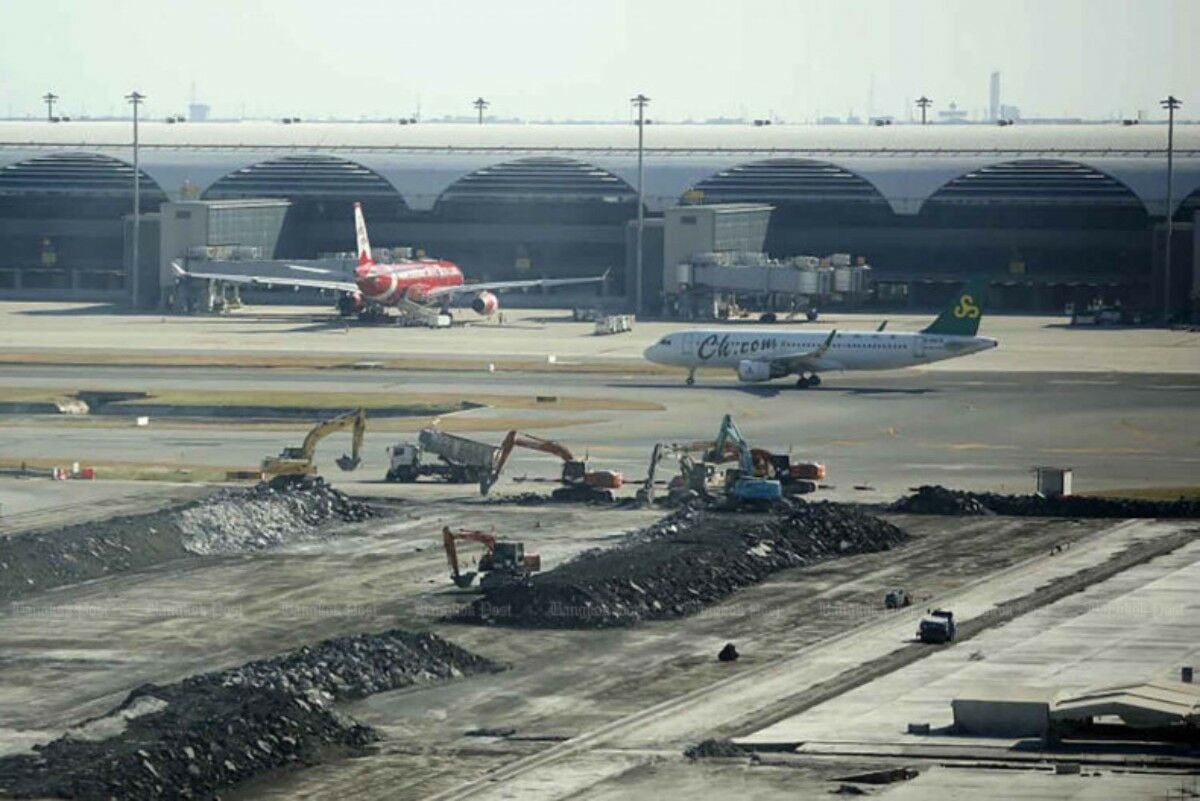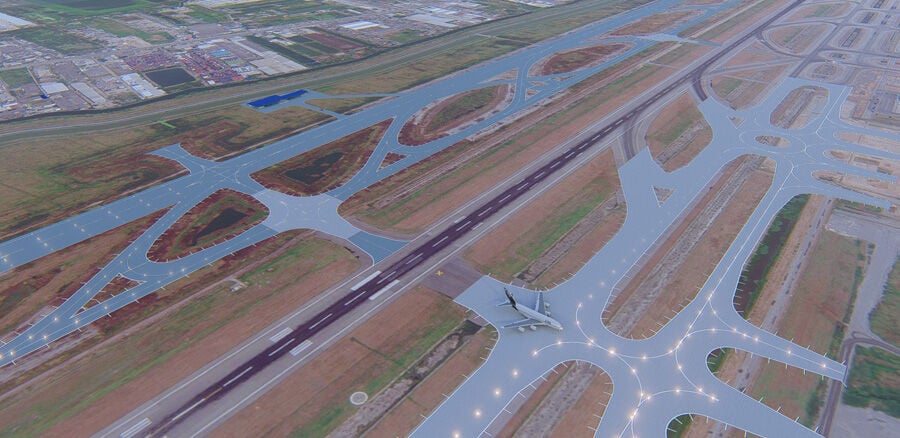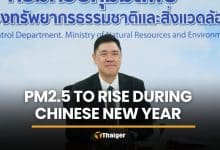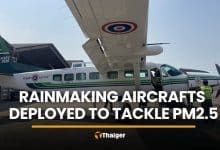AoT to compensate residents 12 billion baht for airport noise

Airports of Thailand (AoT) is set to distribute 12 billion baht as compensation to residents affected by noise pollution from the third runway at Suvarnabhumi Airport. This decision follows a meeting held on Monday, November 25 involving the AoT, the Transport Ministry, and the Bangkok Metropolitan Administration (BMA) to address residents’ demands for relief from the noise generated by aircraft utilising the new runway at Thailand’s primary airport.
Transport Ministry deputy spokesperson Kittiphon Ruayfuphan announced that a legally compliant compensation rate has been established. The affected residents have been categorised into three groups: those legally entitled to compensation, individuals with problematic land ownership, and those technically ineligible for financial support.
“Residents who meet the criteria for compensation will receive their payments once the rate is finalised.”
For those with land ownership issues, assistance will be provided to rectify their documentation, enabling them to qualify for compensation. Residents living near the third runway who do not own their land might also receive compensation, pending a survey by the Pollution Control Department to confirm the impact of noise pollution.
BMA council chairperson, Surajit Phongsingwitthaya, stated that residents have expressed their concerns about the noise. Following this, the BMA urged the AoT and the Transport Ministry to update them on the progress of resolving the issue.
The BMA is playing a mediating role, informing residents on how to file compensation claims if they have not already done so.
Surajit mentioned that officials are fast-tracking the evaluation of these claims to ensure fairness. He anticipates that the first round of compensation payments will be issued to residents early next year.
The newly constructed third runway at Suvarnabhumi Airport, measuring 4 kilometres in length and 60 metres in width, runs parallel to the first runway on the western side. It is primarily designated for landings, increasing the airport’s capacity to handle 94 flights per hour, up from the previous 68, reported Bangkok Post.

Frequently Asked Questions
Here are some common questions asked about this news.
Why is noise pollution compensation at Suvarnabhumi Airport necessary?
The new runway increases flight capacity, intensifying noise pollution for nearby residents, and necessitating compensation.
How could resolving land ownership issues impact compensation eligibility?
Correcting documentation could enable more residents to qualify for noise pollution compensation, offering financial relief.
What if the Pollution Control Department’s survey finds unexpected noise levels?
Compensation strategies might be adjusted, potentially including more residents or altering compensation amounts.
How does the BMA’s mediation role influence the compensation process?
By guiding claim submissions, the BMA ensures a smoother, more equitable compensation process for affected residents.
What implications does the increased flight capacity have for Suvarnabhumi Airport’s future operations?
Enhanced capacity could boost economic activity, but it might also necessitate further environmental and community considerations.
Latest Thailand News
Follow The Thaiger on Google News:


























